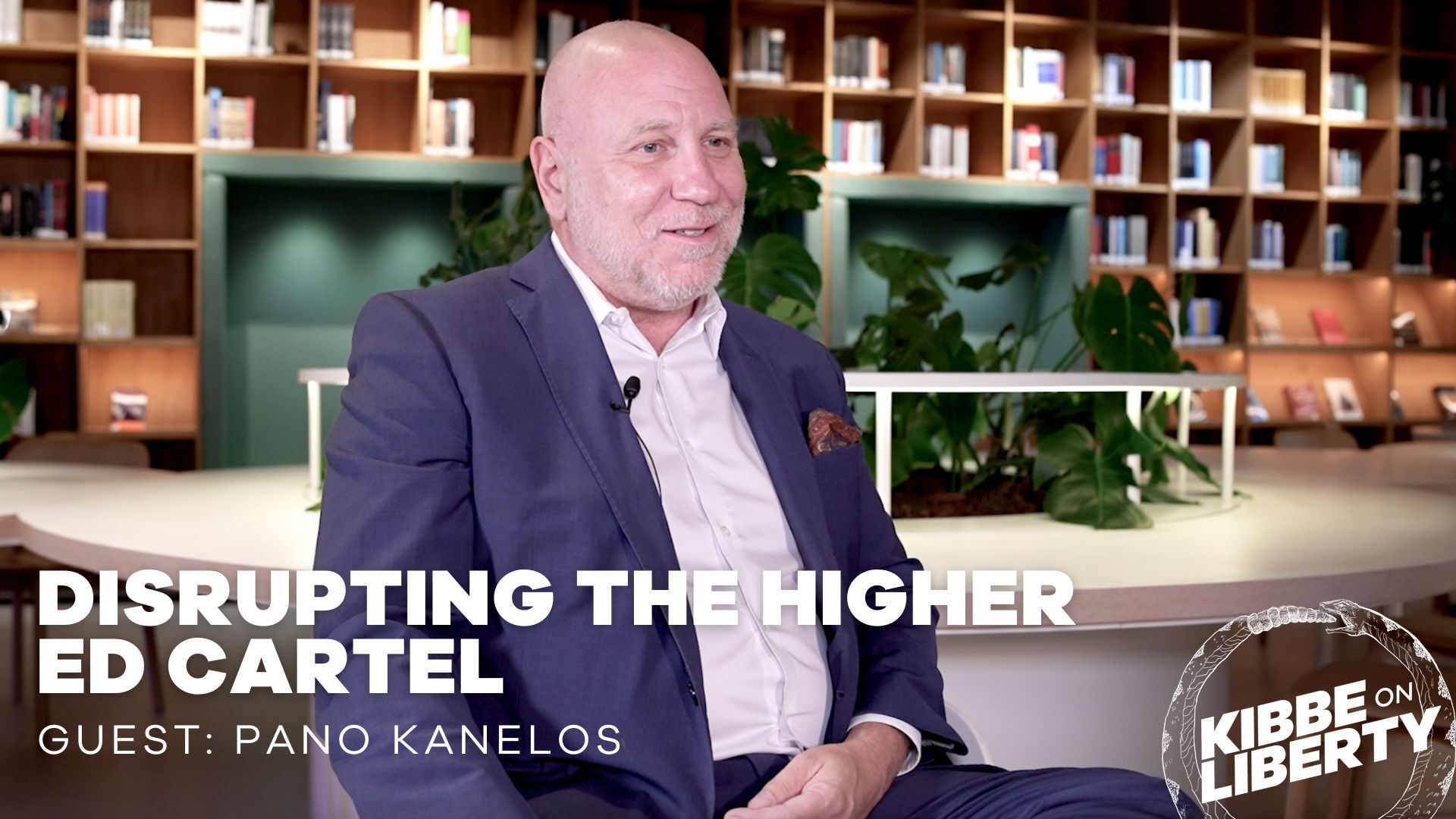
New Florida Law Lets Parents Challenge Garbage Textbooks
A new Florida law gives parents the opportunity to convene hearings to challenge the contents of public school textbooks. The law was created at the urging of a group of concerned parents who routinely found material they deemed objectionable in their children’s schoolwork.
Concern over public school textbooks is not a new thing. In fact, one of the major complaints against the Common Core education standards was the use of textbooks that promoted a one-sided view of American history, as well as math problems bordering on indecipherable. But the Texas-based company Pearson holds a practical monopoly on textbook production for public schools, and until now there was little parents could do to intervene on behalf of their children.
Ironically, academia has become a group that scoffs at dissenting ideas and demands strict adherence to orthodoxy. In practice, this means that schools are mostly run by communists who brutally drive out anyone who disagrees with their Marxist conception of history or the proposition that America’s founders were monsters who should be reviled, not revered.
We primarily hear about this phenomenon on college campuses, but public schools are not immune, and the issue is compounded by the fact that students are a captive audience, literally compelled by law to sit through often mind-numbing lectures, regardless of their content.
Florida’s law allows an increased level of involvement from concerned parents, who can now be active participants in their children’s schooling, rather than being aggressively forced to passively accept the decisions of teachers and administrators. Among the complaints are widespread allegations of anti-American and anti-capitalist bias and indoctrination, as well as flat-out misinformation, such as characterizing America’s government as a democracy, rather than the constitutional republic it is.
There will be those who complain that parents are not qualified to make decisions about textbooks, with the traditional accusations of infecting public schools with Bible-thumping creationism in the place of sound science. To be sure, not everyone will agree with the complaints of the parents. For example, the group in question classifies Anthony Burgess’ A Clockwork Orange as “pornography”, when it’s actually a classic that asks deep philosophical questions about the nature of right and wrong, violence in society, and the growth from adolescence into maturity. But no parent should be compelled to educate her child contrary to her values and principles, even though many mandatory schooling laws do just that.
Anything that puts more control of education into the hands of parents, as opposed to bureaucrats and regulators, is a good thing, and with greater choice and competition will inevitably come greater quality.
It’s encouraging to see individual states tackling the school choice issue, rather than relying on the federal government, which has no constitutional role in education anyway. Ideally, other states will follow Florida’s example and not only give parents more control over textbooks, but more control at large over how their children are schooled.
This article originally appeared on Conservative Review.
Free the People publishes opinion-based articles from contributing writers. The opinions and ideas expressed do not always reflect the opinions and ideas that Free the People endorses. We believe in free speech, and in providing a platform for open dialogue. Feel free to leave a comment.



